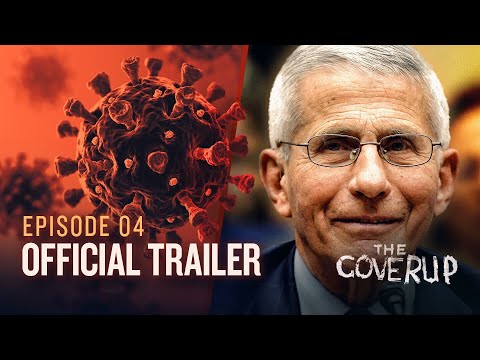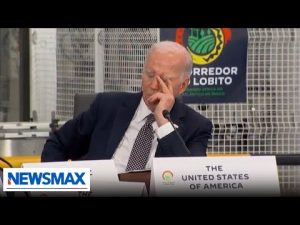In the world of scientific research, where facts are sacred and safety should always come first, there stands a figure who has recently become a polarizing symbol—Dr. Anthony Fauci. President Biden has stirred the pot by issuing a pardon for Fauci, who has been under fire for his role in funding gain-of-function research. This research, which explores how viruses might gain new abilities, has raised eyebrows and concerns, especially during the pandemic. Many are wondering just what this pardon means for public trust and safety in the realm of science.
Back in 2014, the National Institutes of Health (NIH) was busy waving a red flag over certain projects, including those involving risky virus research. They even sent out cease-and-desist letters to research organizations involved in such experiments. The alarm bells rang, but it seems those warnings were less about safety and more about paperwork. Critics have pointed to a series of blunders that make one question how well-regulated these labs truly are. There were stories of lost samples labeled with deadly viruses, and even suggestions that animals were dying in experiments without proper safety protocols in place. It sounds like a scene straight out of a horror movie!
Dr. Fauci has been described as the highest-paid federal employee, which makes one scratch their head when thinking about accountability. As the director of the National Institute of Allergy and Infectious Diseases (NIAID), he has had the reins on some of the most critical and dangerous research. His defenders say he was merely following the science, but critics argue that he has played fast and loose with public safety. The questions swirling around his actions raise eyebrows and shouts: Why pursue such dangerous research without a proper risk-benefit analysis?
These controversies have led some to paint Fauci as the mastermind behind a grand cover-up, a conspiracy aimed at hiding the true origins of COVID-19. As accusations fly, many are left wondering if there’s more to the story than meets the eye. People are raising their voices louder than ever before, questioning why the Biden administration would extend such a gracious pardon to someone with such a tumultuous track record. If transparency is the goal, why not shed light on the murky waters of the past rather than locking it away?
Fauci’s supporters maintain that he believes in the work being done, insisting that these high-risk experiments are noble pursuits for the greater good. The notion of doing something “for the greater good” can sound virtuous, but with bioweapons and dangerous pathogens involved, it can also raise more questions than it answers. As the debate rages on, citizens are left trying to unravel the threads of accountability, ethics, and the implications of a scientist who’s made controversial decisions on behalf of 7.9 billion global citizens. The curtain may be pulled back, but will we like what we see? Only time will tell.



